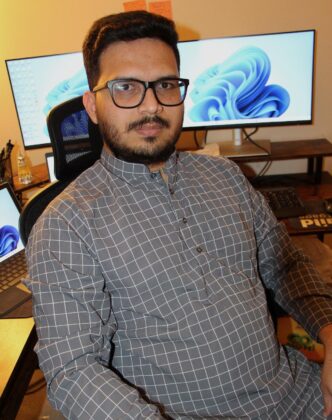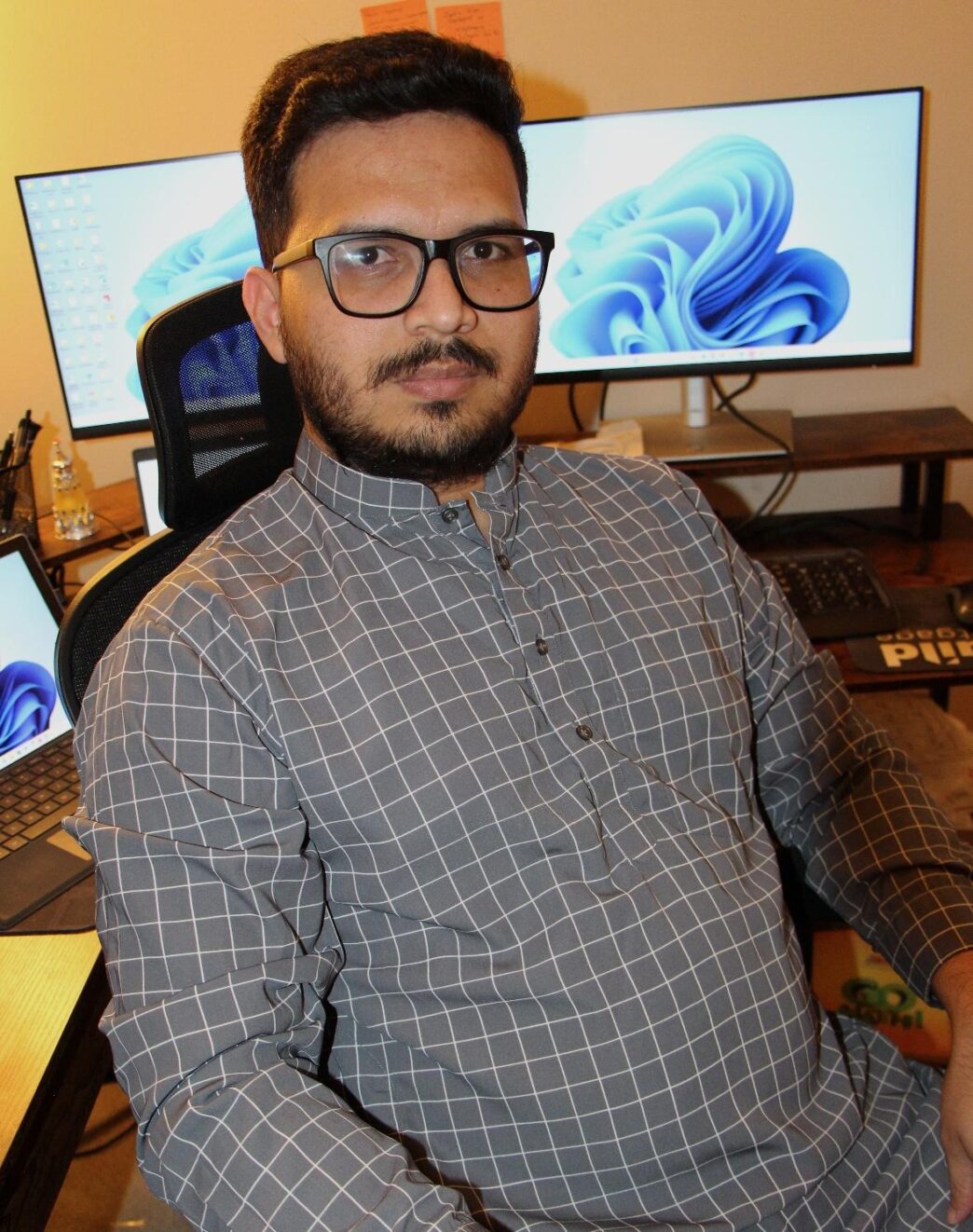A U.S.-based researcher has published compelling new research examining how artificial intelligence (AI) can help reduce loneliness among American adults, offering fresh insights into digital companionship during a national mental health crisis. The study, published in April in the International Journal of Engineering Technology Research & Management, builds on the author’s broader contributions to the field of socially conscious AI development.
Shoeb Ali Syed, a scholar at the University of the Cumberlands, authored the study and currently serves as a peer reviewer for two academic journals and a member of their editorial boards. Syed’s continued academic output reinforces his reputation as a thought leader in artificial intelligence applications for social well-being.
“Loneliness is not just a feeling; it’s a health crisis,” Syed said. “We now have tools through artificial intelligence that can offer real emotional support—sometimes more accessibly than traditional methods.”
Study Details Wide-Scale Impact of AI Companionship
The newly published research presents a mixed-methods investigation involving surveys, case studies, and sentiment analysis. A national survey of 500 U.S. adults revealed that 68% experienced improved emotional well-being through the use of AI tools such as Replika, Woebot, Alexa, and ElliQ. The findings suggest AI companionship is not a novelty but an emerging necessity, particularly for populations underserved by conventional therapy and community support.
Participants reported using AI companions for daily check-ins, emotional expression, and guided mood regulation. For instance, younger adults gravitated toward text-based chatbot applications, while older participants favored socially assistive robots like PARO and ElliQ, which offer verbal interaction and cognitive prompts.
In one senior care case study, 78% of residents using AI robots said they felt significantly less lonely after consistent engagement. “AI tools like ElliQ didn’t replace human interaction,” Syed noted, “but they encouraged it, acting as subtle facilitators of real-world social behavior.”
Technology Bridging Emotional Gaps
The study categorizes the most effective AI solutions into four types: conversational chatbots, social robots, virtual assistants, and AI-powered recommendation engines. Among these, AI chatbots ranked highest in user satisfaction among the 18–30 demographic, while social robots performed best with individuals over 70.
Sentiment analysis of over 10,000 AI-user conversations also supported the paper’s thesis. Approximately 65% of interactions were rated as emotionally positive, showing trends of gratitude, relief, and comfort. Only 10% were identified as negative, typically citing frustration with shallow or repetitive AI responses.
“These findings align with prior mental health studies,” Syed said, “but this is the first to triangulate those insights with emotional analytics and demographic usage patterns over time.”
Ethical Concerns and Future Directions
Despite the enthusiasm, the study does not ignore the caveats of AI-driven companionship. Users voiced ethical concerns around data privacy, emotional authenticity, and over-reliance. About 25% of survey respondents noted that AI responses often felt formulaic or lacked genuine empathy, while others warned of potential social withdrawal due to excessive AI interaction.
Syed emphasizes the importance of a balanced approach. “These tools are meant to complement, not replace, human relationships. Developers and policymakers must remain vigilant to ensure ethical safeguards are embedded into these systems,” he said.
The paper calls for further research into AI’s long-term psychological impacts and suggests that AI regulation should include transparency on emotional data use, interaction boundaries, and system limitations.
A Researcher at the Forefront of Social Technology
Syed’s role in this evolving field goes beyond authorship. His contributions span across artificial intelligence, cybersecurity, and health informatics, positioning him as a thought leader in socially impactful technology. His expertise is recognized through his role as a board member of the International Journal of Innovative Research in Computer and Communication Engineering (IJIRCCE) and as a peer reviewer for both IJIRCCE and the International Journal of Science and Research Archive (IJSRA). Through these roles, Syed contributes to upholding rigorous academic standards and fostering interdisciplinary research at the intersection of emerging technologies and the public good.
The paper’s findings have already sparked interest among healthcare providers and tech developers exploring AI’s role in mental health support. Several companies have reached out to Syed to discuss collaborative projects or implement the paper’s insights into product development.
Implications Beyond the Study
As loneliness continues to surge in the United States, exacerbated by urbanization, remote work, and aging populations, Syed’s study could help guide public health responses. The U.S. Surgeon General’s 2023 advisory already recognized loneliness as an “epidemic,” linking it to risks equivalent to smoking 15 cigarettes per day.
AI could offer scalable solutions in this context, especially when integrated with traditional health services. However, Syed believes this will only work with user-centered design and ongoing feedback loops.
“We need to design for dignity,” he said. “AI should support emotional well-being without undermining the essential human need for authentic connection.”
Conclusion
Shoeb Ali Syed’s recent publication affirms that artificial intelligence has more than just operational utility—it holds emotional significance. By framing AI as both a technological innovation and a social catalyst, his research offers hope and caution in equal measure.
As technology reshapes how people interact, Syed’s work stands as a timely reminder that the future of connection may rest not just in who we talk to, but in how we are heard. His research portfolio is available on Google Scholar.
Read the full article here: Click Here
Learn more about Shoeb Ali Syed on LinkedIn.














